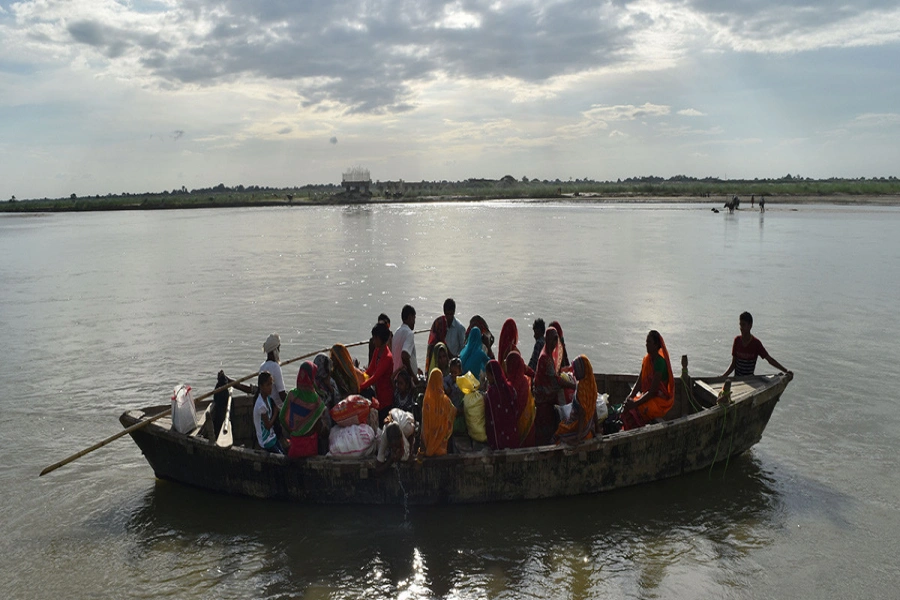CAIRO, Dec 22: The Islamic State group claimed responsibility Tuesday for a suicide bombing at a Cairo church two days earlier that killed 25 people, highlighting a new escalation of violence in Egypt against civilians and Christians in particular.
In a statement circulated online, it said the bomber had killed and injured 80 people, vowing "to continue war against apostates." The Egyptian government had earlier released footage showing images said to be that of the alleged suicide attacker.
President Abdel-Fattah el-Sissi on Monday identified the bomber as 22-year-old Mahmoud Shafiq Mohammed Mustafa in the attack, which killed mainly women. IS named the bomber by what appeared to be a nom de guerre, Abu Abdullah al-Masri.
The video was a recording of CCTV footage from outside a chapel adjacent to St. Mark's Cathedral, seat of Egypt's ancient Coptic Orthodox Church. It shows a dark figure crossing the street and walking through the gates of the church. Moments later, the blast sends clouds of dust and debris through the windows.
US airstrike targets Islamic State member in Afghanistan

It was among the deadliest attacks in recent memory to target Egypt's Coptic minority, which makes up around 10 percent of the population and was largely supportive of the military overthrow of a freely elected Islamist president in 2013. El-Sissi led the ouster of President Mohammed Morsi, a senior figure in the now outlawed Muslim Brotherhood group.
Since then, Islamic militants have carried out scores of attacks, mainly targeting the security forces, while the government has waged a wide-scale crackdown on dissent.
Small protests were held outside the church in the aftermath of the attack, as Christians accused the government of failing to protect them, a complaint that goes back many years.
Officials and government supporters have touted the quick identification of the suspected bomber as proof of the efficiency of the security bodies, but Christian activist Nader Shokry said more could have been done to prevent the attack.
"How did all this planning take place without the security knowing about it?" he said. "You are saying that this person belongs to a terror group and has been previously arrested ... So you should have kept a close eye on him."
The Interior Ministry said late Monday that the attacker belonged to a terror cell founded by an Egyptian doctor and funded by Muslim Brotherhood leaders living in exile in Qatar. It said the cell was tasked with staging attacks that would stir sectarian strife.
Three men and a woman were arrested in connection with Sunday's attack and other suspects were on the run, el-Sissi said.
The Brotherhood condemned the bombing.




































